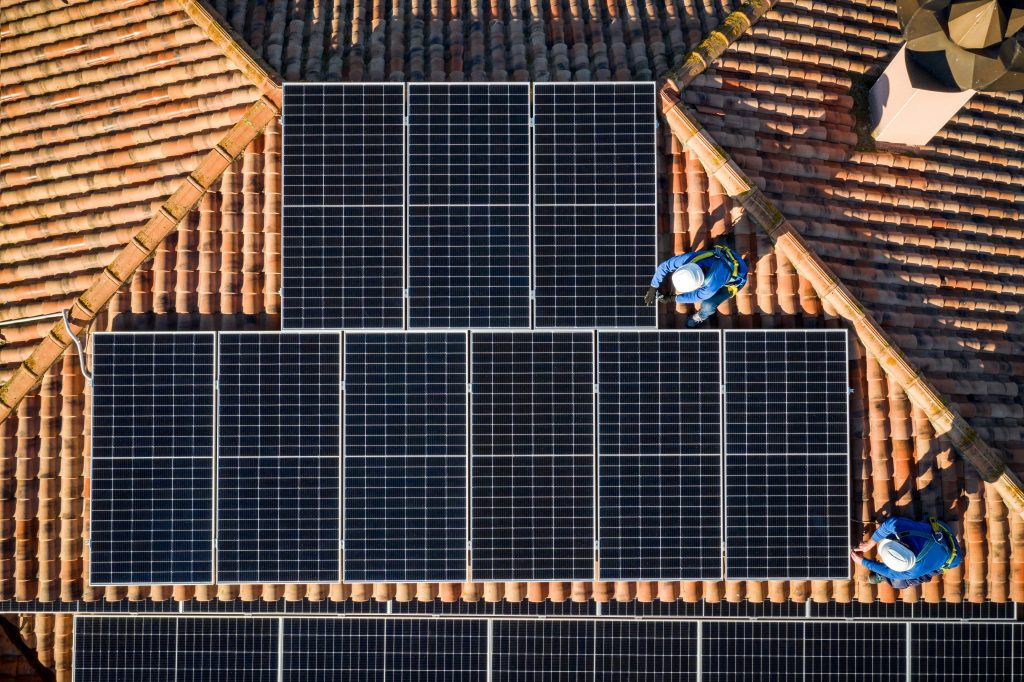
New Zealand’s biggest company, the world’s biggest dairy processor, Fonterra, can not afford to use electricity to produce milk powder.
To use either electricity, diesel or biofuels would make the process economically unviable.
Instead they have to burn coal. To produce one ton of milk powder, they burn one ton of coal.
The cost of generating, transmitting, distributing and retailing a unit of electricity is about 4c.
This is derived from two components: 75% is from hydro or geothermal, costing 2c a unit, and 25% ‘‘thermal’ electricity, generated by burning coal or gas, costing 10c a unit.
Here’s the irony. Electricity generated by burning coal is five times as expensive as hydroelectricity and yet it is still cheaper for Fonterra to burn coal than use electricity.
Commercial electricity prices are confidential so I am not aware of the profit margin.
I am aware that with domestic electricity costing 34c a unit, the mark-up is 750%.
As we are aware, commercial electricity is sufficiently expensive as to be forcing sawmills to close down and lay off hundreds of staff.
Recently, Meridian announced a four-fold increase of annual profit to $429million.
Contact’s 2024 profit was $235m, Mercury’s, $290m — a 158.9% increase on the previous year — and Genesis’ was $131m.
The elephant in the room is the profiteering of successive governments.
As they own 51% of the three gentailers comprising 78% of the market, they receive 40%, the lion’s share, of the profit.
This amounts to covert taxation and governments have no incentive to reduce prices, particularly our present tight-fisted coalition.
As a result of this, I suspect former lobbying legends such as Dr Geoff Bertram and Molly Melhuish have realised the futility of lobbying and directed their energies elsewhere.
Retail consumers are also levied line charges.
When electricity was first reticulated to rural areas in the 1930s, farmers were required to pay for their electricity lines.
This involved a 20% deposit and paying off the balance over 10 years. This latter cost was equivalent to half the annual revenue from the wool clip for a 400-acre farm.
They now are paying line charges on the lines they themselves financed, just as absurdly as consumers are paying for the electricity from hydro stations that consumers financed.
Ringfencing line charges, typically half of the power bill, discourages seeking alternative energy sources such as gas, as halving electricity consumption yields only a 25% price reduction.
When Simeon Brown was interviewed by Jack Tame on
Q+A recently about solutions to high electricity prices, he had not costed privately owned domestic rooftop solar.
As Tame pointed out, while the sun was shining, that could conserve water in the hydro lakes.
An average New Zealand household spends $2352 on electricity per annum.
According to the NZ Electricity Authority, a 4.4kW solar power system fully installed is $12,600, a mere quarter of the cost of 14 years ago. Contemporaneously, electricity prices have increased 35%.
As rooftop solar would typically halve electricity consumption, it would pay for itself over 10 years.
As 32% of New Zealand electricity generation is consumed domestically, this would reduce demand by 15%, almost eliminating the need for thermal generation and completely eliminating the need for the controversial Lake Onslow pumped hydro.
As the gentailers’ prop up their prices by constricting supply, this logically should reduce electricity prices.
Increasing demand for EVs could be met by installation of more solar and wind generation.
The Commerce Commission, established in 1986, has proved itself totally impotent in regulating electricity prices, despite its 400 employees.
Supposedly independent of government, it is responsible to the minister of Commerce and Consumer Affairs.
To lessen dependency on the rapacious New Zealand electricity industry, domestic consumers, wherever possible, should take up the option of rooftop solar.
■ Ian Breeze is a retired surgeon living in Dunedin.
You can now read the most important #news on #eDairyNews #Whatsapp channels!!!
🇺🇸 eDairy News INGLÊS: https://whatsapp.com/channel/0029VaKsjzGDTkJyIN6hcP1K






















